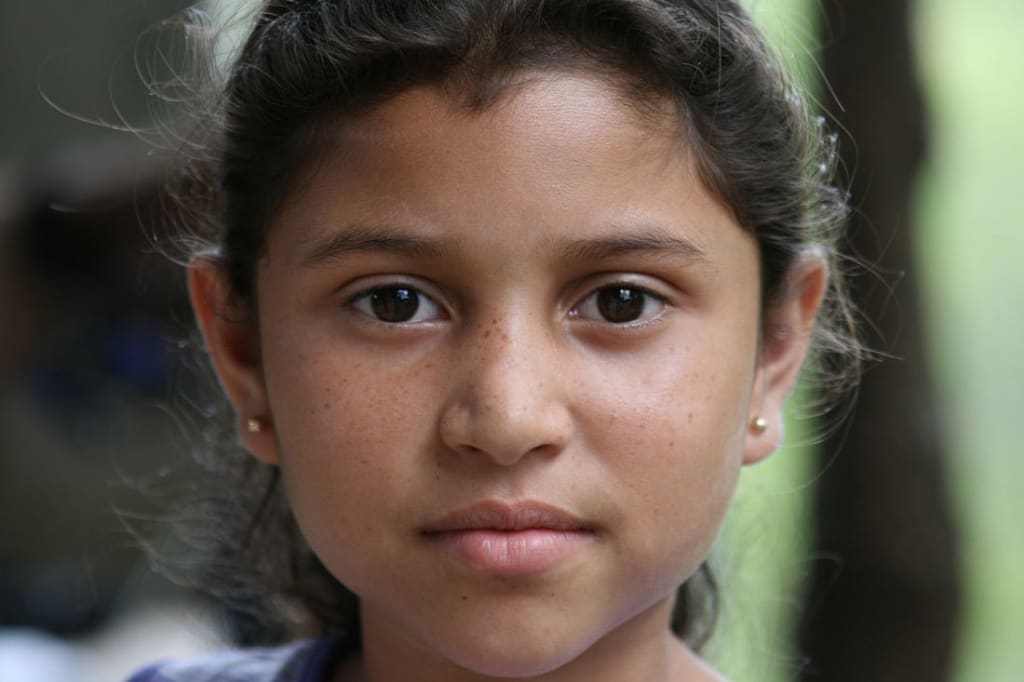Understanding the Online Threat of Sex Trafficking
Our Children Are at Risk

The issue of sex trafficking, a grave and horrific crime, has amplified in the digital age. While technological advancements have paved the way for countless improvements in our lives, they have also opened a new avenue for sex traffickers to exploit the innocent. Sex traffickers have cleverly adapted to this digital era, using the internet to target and exploit children. This has created an urgent need for parents and guardians to know how these nefarious individuals operate online and take active measures to protect their children from online exploitation.
In the vast landscape of the internet, anonymity provides a perfect cover for these predators, who manipulate, deceive, and coerce children into situations of unimaginable danger. Understanding the intricacies of how these criminals operate and their strategies to trap their victims is essential. Due to their innocence and limited understanding of internet risks, children are particularly vulnerable to such exploitation, making it more important for parents to be vigilant and proactive in ensuring their safety online.
Role of the Internet in Child Exploitation
Sex traffickers take advantage of the internet’s anonymity and reach to target vulnerable children. They employ a process known as grooming, where they manipulate and coerce children into sharing sensitive information and explicit content. For instance, a trafficker may create an online persona, pretending to be a child of the same age, to gain the trust of the targeted child. Over time, the trafficker manipulates the child into sharing personal information, photographs, or even explicit content, which can later be used for exploitation or blackmail.
The internet’s vast landscape provides these predators countless opportunities to establish trust and build relationships with potential victims. They exploit children’s naivety and their limited understanding of the dangers and risks posed by online interactions. For example, a trafficker may initially present themselves as a friendly online gaming companion, slowly gaining the child’s trust and eventually manipulating them into dangerous situations.
Statistics and Realities: Shedding Light on the Severity
The severity of online child exploitation is both staggering and disturbing. The International Justice Mission(IJM), an organization dedicated to combating human trafficking, has participated in and provided support to thousands of child trafficking/exploitation investigations worldwide. Despite these efforts, the threat persists. The National Center for Missing and Exploited Children (NCMEC) received an alarming 32 million reports of online exploitation last year.
The COVID-19 pandemic has exacerbated the situation. With more children spending time online for schooling and entertainment due to lockdowns and social distancing measures, the risk of online exploitation has increased significantly. This creates an environment where sex traffickers can easily target and exploit children who may be using the internet unsupervised.
Online Platforms and Communication Techniques: Targeting Vulnerable Spaces
Sex traffickers commonly target children on various online platforms, including social media, dating, and gaming platforms. Predators have even adapted to using emojis — a staple of digital communication — to groom potential victims covertly. This form of communication poses a significant challenge for parents, as a study found that 85% of parents cannot decipher “emoji language,” making it difficult for them to recognize potential signs of grooming.
For instance, a trafficker might use seemingly harmless emojis to communicate with a child on social media. Still, these emojis might have hidden meanings that parents are unaware of. This highlights the importance of parents staying updated with evolving online trends and communication techniques to protect their children better.
The Role of Parents in Protecting Children: Empowering Guardianship
Parents play a crucial role in safeguarding their children from online sex trafficking. This involves:
- Actively monitoring their children’s online activities.
- Being aware of the content they consume.
- Establishing clear boundaries for online behavior.
For example, parents should be familiar with the games their children play online, the friends they interact with, and the content they share on social media.
Open and ongoing communication between parents and children about the risks of sharing personal information online is paramount. Parents should create an environment where children feel comfortable discussing their online experiences, including any uncomfortable interactions or encounters they may have had.
To ensure their children’s safety, parents should familiarize themselves with the technology their children use, set up parental controls, and establish rules for online behavior. For instance, parents can set up controls to limit their children’s time online, block access to certain websites, and monitor their online communications.
Helpful Tools and Programs: Empowering Children with Knowledge
Several tools and programs aim to empower children with knowledge and resources to protect themselves online. The NetSmartz Program by the NCMEC is one such initiative that educates children on making safe decisions online. It provides resources to help children recognize potential online dangers and take appropriate action.
Another helpful resource is the “Take it Down Tool,” which assists victims of sextortion in removing their explicit images from the internet. This tool plays a vital role in helping victims regain control and restore their dignity.
Encouraging children to report suspicious online activities to parents, teachers, or law enforcement is also essential. Reporting is a crucial step in combating online child exploitation. It can potentially save a child from falling prey to a sex trafficker.
Taking Action to Protect Our Children
The threat of online sex trafficking is urgent and requires immediate action. Parents and guardians must be proactive in ensuring their children’s online safety. They should be vigilant, familiarize themselves with their children’s online activities, and maintain open communication about the risks associated with the digital world.
Organizations like The IJM and the NCMEC are tirelessly working to combat sex trafficking. Their dedication and commitment to this cause are commendable, but they cannot do it alone. It is our collective responsibility as a society to protect our children from these horrifying threats.
In this digital age, as the internet becomes an increasingly integral part of our children’s lives, let us prioritize their online safety, keep the channels of communication open, and stand as vigilant guardians against the threats posed by online sex traffickers.
About the Creator
Matthew Jack
My 30-year law enforcement career fuels my interest in true crime writing. My writing extends my investigative mindset, offers comprehensive case overviews, and invites you, my readers, to engage in pursuing truth and resolution.






Comments
There are no comments for this story
Be the first to respond and start the conversation.